Raising Kids in Japan. Teaching English to Adults. Coaching Communicative Excellence. Maintaining One’s bilingualism.
A discussion of the parallels in parenting and coaching, and English learning in Japan.
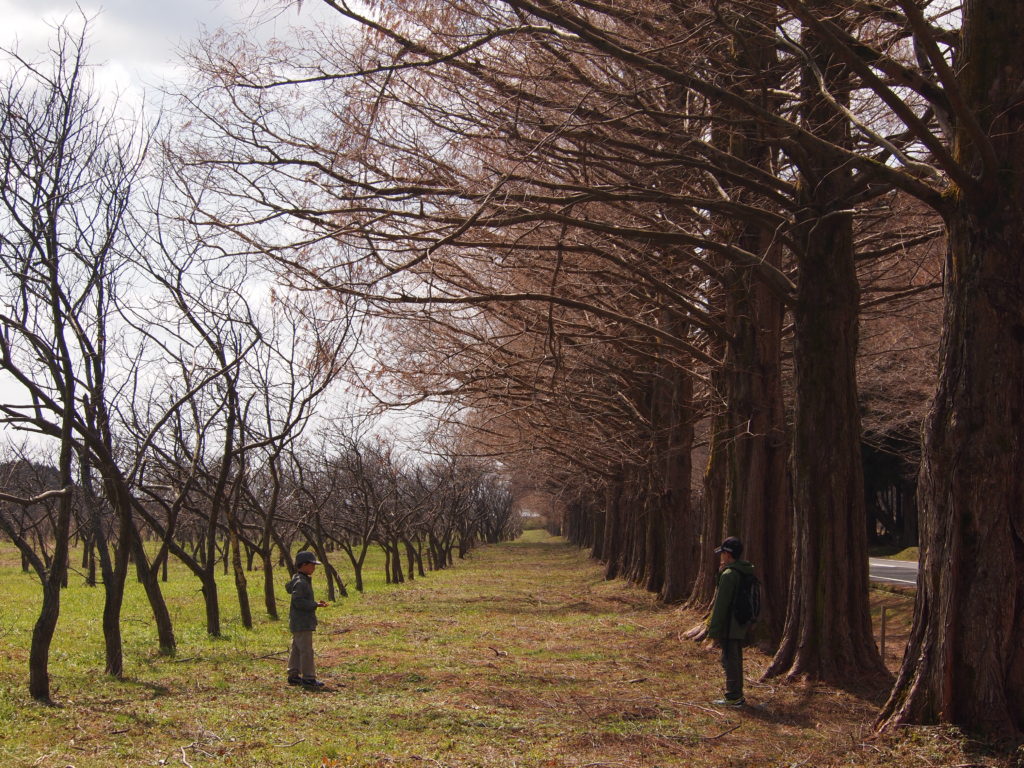
Hello. My name is Edward. I am head coach at Smith’s School of English in Otsu and parent of 2 bilingual boys. I think they are bilingual. I hope they stay bilingual. As parents, my partner and I set the task of raising bilingual children. We decided that the best opportunity to do so would be if we lived in Japan. We discussed the pros and cons and decided Japan was well suited to this task. Our children would learn Japanese at school and in the community, and we would raise them in an English household. Japan has a wealth of opportunities for learning and using English and this encouraged us greatly.
In 2007 we took over the Smith’s English School franchise in Otsu. The previous coaches and Smith’s head office staff helped train us and prepare us for the task of coaching adult students of English. We learned various techniques as well as how to use textbooks and other teaching materials. More importantly though, we were taught how to use the world around us as a tool for coaching communicative confidence in English. The availability of English resources in Japan was amazing, and with advances in technology and supportive internet sites we were able to settle into a nice routine with our students. Over time, we hope they gain confidence using English, and we truly feel that most of them become bilingual speakers.
We have noted over the years the similarities in raising our children as bilinguals and teaching English as a foreign language. Fortunately our 2 primary jobs, parenting and coaching, go hand-in-hand. What are the differences, and where do the 2 tasks overlap? I will discuss several points below.
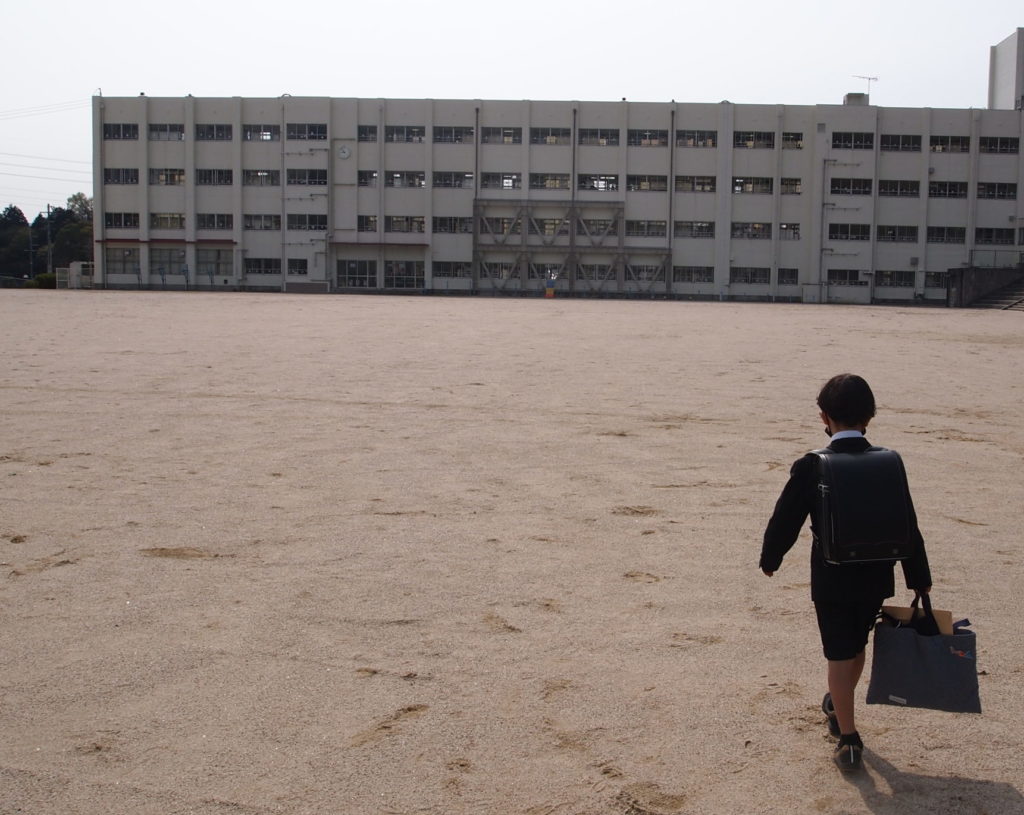
Learning is Learning
Whether you do it as a child, as a student or as an adult it is all the same. Learning something new is a task to be undertaken. Having a supportive environment and a good teacher is key. For our kids, our home is their English environment and we are their teachers. For our students, we hope our school is like a little portal into an English world and that the time spent in our class weekly is a little escape from their daily life. Learning requires a time and a place to do it and regular input and output. Here is the biggest difference we have noted: the source of motivation. Children learn because that’s what they do! They can focus daily on learning and it allows them to grow quickly. Adults require a different source of motivation, and our students come to class with a myriad of reasons for studying. Some students have work goals to motivate them. Other might need to get a high score in TOEIC and this motivates them. Other may love travel, or watching English movies, or reading English books.
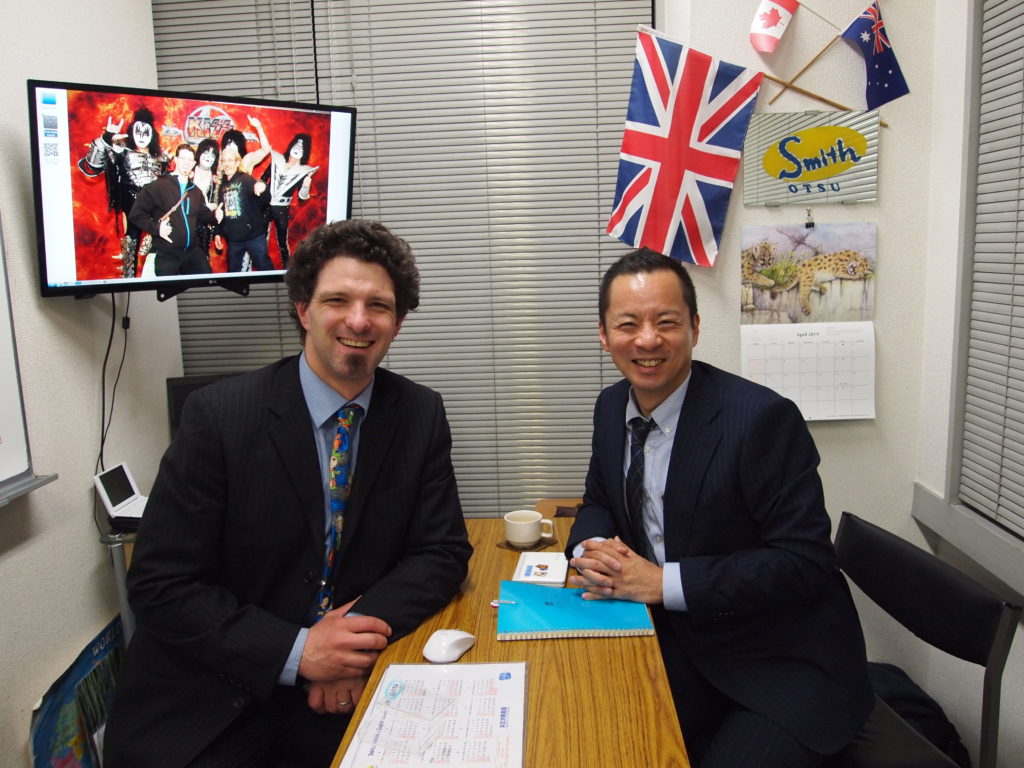
Resources for All
We encourage our students to take advantage of the resources they can find around them. The internet is a great place to find a variety or resources, but the country around them is too. Train stations are all bilingual environments: they have written signs and spoken announcements and English timetables and information. Local tourist sites, information centers and city halls also offer a lot of great written resources. We discuss all this with our students and are constantly building a database (of sorts) to show them all the resources which are freely available at our school and in the city. And of course we do the same for our children. We use the sites around us and the events happening in our community to build vocabulary and expand our children’s’ ability to discuss the Japanese culture we live in. We host events to give our students opportunities to meet people from around the country and the world and to use their English in a natural setting. Japan also has a culture of student exchanges and study abroad is a very popular activity for school-aged children and university students. Read about Chiharu’s junior high school experience in Michigan HERE. (Japanese only)
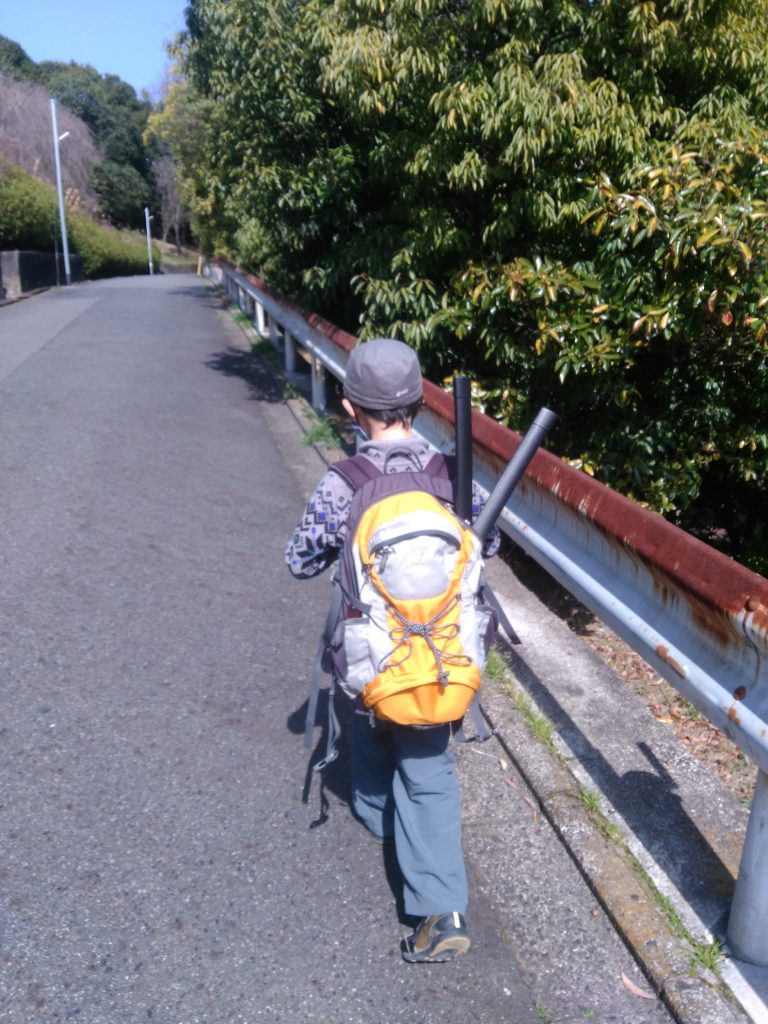
Parents AND Teachers
In what way does being parents help us as teachers? As parents we learn what it means to raise our children from birth to adulthood. We are there every step of the way, as teachers, coaches, advisors or often simply observers. What can we observe? Endless curiosity. Children are constantly searching out new things, new places, new ideas. I read somewhere that the average 4-year-old child asks 200 to 300 questions a day. Personally I feel like my children ask “why” questions 1000 times a day! This is their curiosity shining through, and the reason they can learn and grow as quickly as they do. How does this affect us as English conversation teachers? Knowing the power of curiosity, we encourage our students to ask questions. We teach them the question forms, we encourage them to ask follow-up questions, we give them support to follow their trains of thought to exciting places. This curiosity we learn from our children helps our students to learn, and also to be interested and interesting conversationalists.
The Power of Reading
At Smith’s School of English in Otsu we are proud of our free library. Our students can borrow books, comics and magazines every week. We offer over 200 graded readers and hundreds of other picture books, novels and magazines. Students hoping to improve test scores, vocabulary and grammar can all benefit from reading. Children are the same: research from around the world tells us that reading to children daily can have huge benefit and that households with books tend to be more successful over all. Personally I love reading and always encourage my students and children to pick up a new book and explore a new world. I wrote a whole blog on this topic back in 2012: Raising a Bilingual Child: The Power of Reading. We have our in-house lending library, Otsu City public library has a solid collection and Shiga Prefectural Library has a huge selection of novels, kids books and periodicals.
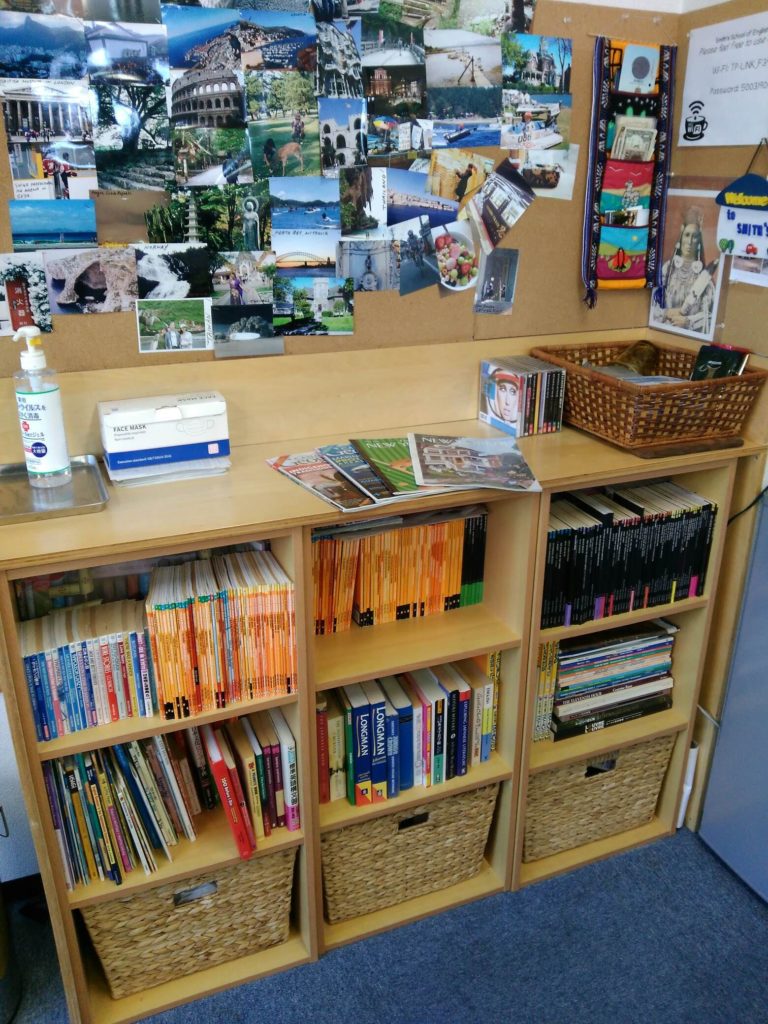
Raised, Taught or Maintained: The Methods are the Same
Whether you were raised bilingual, learned another language in school, or started learning as an adult, maintenance is key to being truly able to use the language. My mother was born and raised in Montreal and grew up speaking 3 languages, and yet after moving to western Canada in her 20’s she slowly lost the other 2 languages. Of course she can still speak them to some degree, but her fluency and confidence are lost. Why? She has had almost no exposure to the languages in her new home and she did little to keep them fresh. Having a good teacher and school to go to on a regular basis is necessary for maintaining a high level of skill in any subject. Things change, as do we. Memory slips. If you don’t use it, you lose it! For children as well, parents need to continue providing opportunities to study, learn, refresh and most importantly use the 2nd language.
Be Proud of Yourself
The last thing I want to say is to take pride in the hard work you have put into your language learning. Whether you are a student, a child, a parent or a teacher you should feel proud of the efforts you have made. Learning new things is tough and languages can be especially difficult. Maintaining them is a long-term project. If you can use any other language to any degree of confidence, be proud of yourself. I am proud of you!
Thank you for taking the time to read my blog. I hope you found some new ideas, got some inspiration or at the very least found a little joy in reading it. I wish you best of luck with achieving all your language goals! I look forward to seeing you in class soon.
~Edward Iwaskow
Smith’s School of English Otsu
Leave a Reply